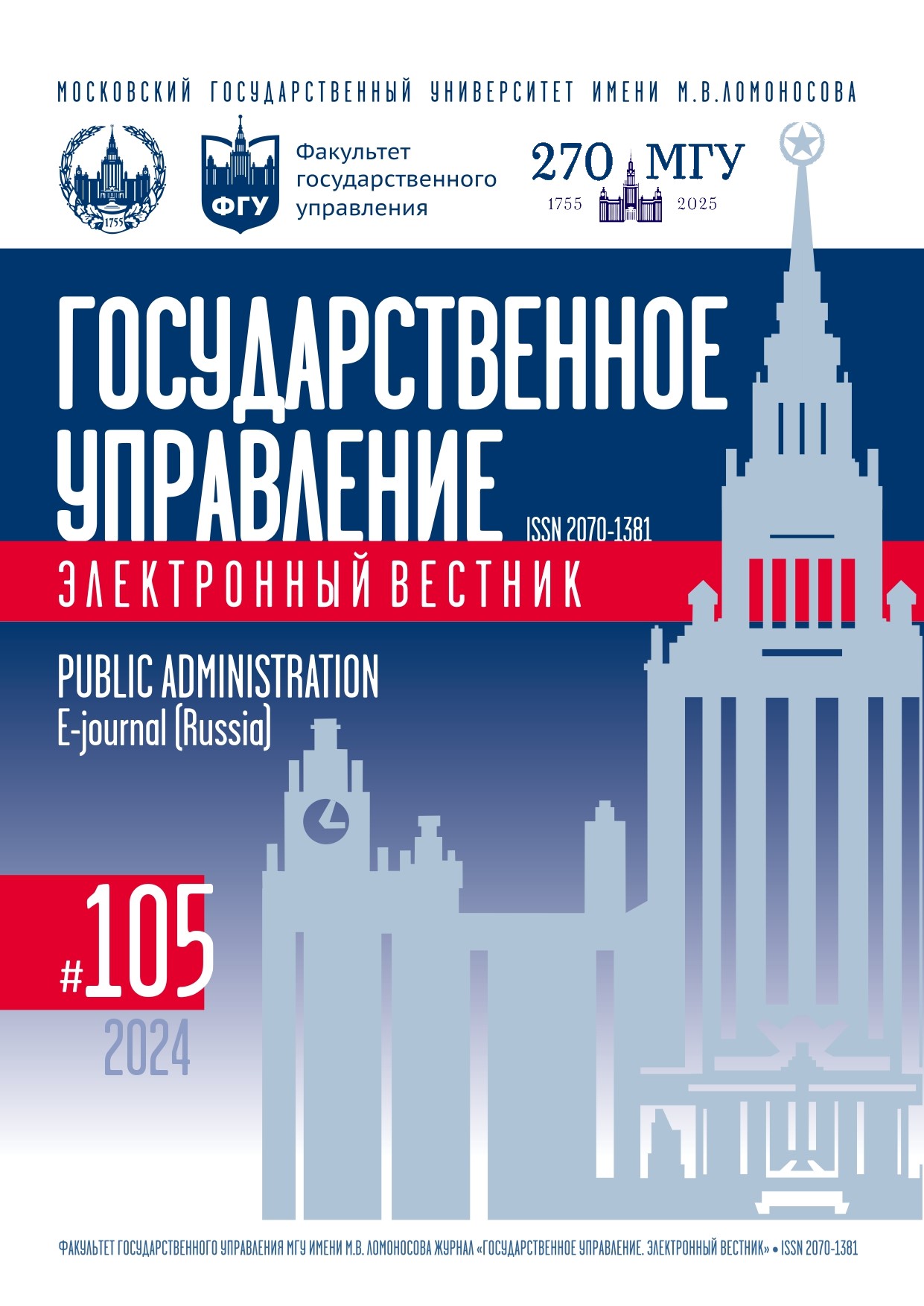Employee Retention as a Priority for Russian Companies in 2024
Keywords:
Personnel management, human resources, employee retention, personnel deficit, management technologies.Abstract
The article explores the main trends in personnel management within modern Russian organizations, identified through surveys of executives and HR managers. From the analysis of these surveys, employee retention has been highlighted as a priority in the face of a growing personnel deficit caused by demographic issues, the emigration of qualified specialists, and an aging population. The article also identifies specific characteristics of young professionals from Generations Y and Z, who make up a significant part of the workforce in today’s labor market. This necessitates the development and application of new approaches to employee retention to ensure organizational competitiveness. The concept of a candidate-driven market, which characterizes the labor market in most sectors of the modern economy in Russia, is explained in the article. Key factors contributing to staff turnover and employee satisfaction are highlighted, underscoring the need to develop comprehensive recommendations for staff retention that consider both macro- and microlevels of organizational management. Based on the analysis conducted, the article proposes tools for employee retention that can be utilized by modern Russian companies in the context of an existing and intensifying shortage of personnel. The recommendations emphasize a humanistic approach to personnel management, as it focuses on the well-being and needs of employees. This approach recognizes the significance of each individual within the organization, emphasizing respect, honesty, and fairness in interactions. A humanistic approach fosters a trusting and supportive work environment where employees can realize their potential and feel valued. Thus, it not only enhances employee satisfaction and loyalty and reduces staff turnover but also contributes to improving overall productivity and efficiency within the organization.
References
Божин К.Л., Субботина Т.Н. Анализ рынка труда РФ в условиях санкционных ограничений и геополитического кризиса // Экономика и бизнес: теория и практика. 2022. № 6–1(88). С. 43-47. DOI: 10.24412/2411-0450-2022-6-1-43-47
Глазьев С.Ю., Воронов А.С., Кудина М.В., Орлова Л.Н. Прогноз развития человеческого капитала в Российской Федерации в условиях изменений в мировой экономике // Государственное управление. Электронный вестник. 2022. № 91. С. 24–44. DOI: 10.24412/2070-1381-2022-91-24-44
Иванова С.В. Я слышу, что вы думаете на самом деле. М.: Альпина Паблишер, 2022.
Колпачников В.В., Тишова А.Н. Человекоцентрированный подход в организациях: утопия или стратегический потенциал? // Организационная психология. 2016. Т. 6. № 3. С. 38–49.
Кравченко С.А. Становление синергийных сложностей в России: запрос на новые учебные курсы в вузовском образовании // Вестник Российского университета дружбы народов. Серия: социология. 2024. Т. 24. № 1. С. 43–57. DOI: 10.22363/2313-2272-2024-24-1-43-57
Набережная Д.С. Методы оценки эффективности системы найма персонала // Инновации. Наука. Образование. 2021. № 27. С. 678–684.
Радаев В. Миллениалы: как меняется российское общество. М.: Изд. дом Высшей школы экономики, 2020.
Смирнов И.П. Реформа профессионального образования: итоги // Агроинженерия. 2016. № 6. С. 7–10.
Ульрих Д., Брокбэнк У. HR в борьбе за конкурентное преимущество. М.: Библос, 2020.
Харченко В.С. Увольнение сотрудников в российских компаниях: опыт социологического исследования // Социально-трудовые исследования. 2023. № 4(53). С. 157–170. DOI: 10.34022/2658-3712-2023-53-4-157-170
Шамис Е.М., Никонов Е.Н. Теория поколений. Необыкновенный Икс. М.: Synergy book, 2022.
Cutting D. Employees First!: Inspire, Engage, and Focus on the Heart of Your Organization. Newburyport: Career Press, 2022.
Glazer R. How to Thrive in the Virtual Workplace: Simple and Effective Tips for Successful, Productive, and Empowered Remote Work. Naperville: Sourcebooks, 2021.
Kaye B., Jordan-Evans S. Love ’Em or Lose ’Em: Getting Good People to Stay. San Francisco: Berrett-Koehler Publishers, Inc., 2008.
Pfeffer J. The Human Equation: Building Profits by Putting People First. Boston: Harvard Business Review Press, 1998.
Werther W.B., Davis K. Human Resources and Personnel Management. New York: McGraw-Hill, 1996.

